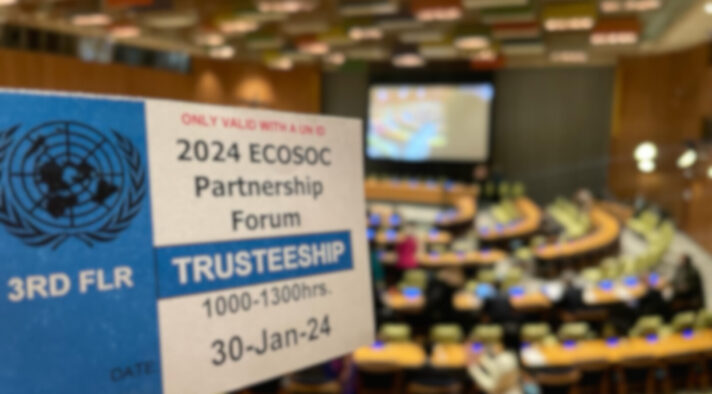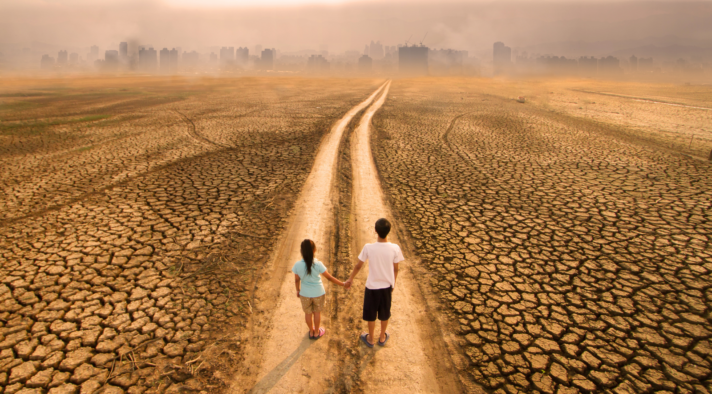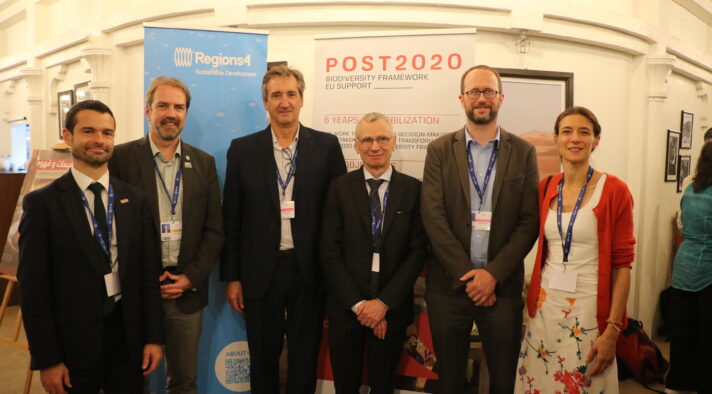On 23 September, the United Nations Secretary-General António Guterres hosted the Climate Action Summit in New York in the framework of the UN High-Level Week 2019. The Summit aimed to boost ambition, accelerate actions to implement the Paris Agreement, and spark the transformation urgently needed to combat climate change. Leaders from governments, the private sector, civil society, local authorities and other international organisations were asked to come with concrete, realistic plans to fulfil the tasks ahead.
Below is a summary of the participation of Regions4 at the Summit and the outcomes of one of the most important events for the climate agenda.
Ahead of the Summit
Prior to the official Summit, there were many mobilisations and events from activists and civil society worldwide. The biggest climate strike in history took place on Friday, 20 September, bringing more than 4 million people around the world to the streets, and in line with this, the first-ever UN Youth Climate Summit took place on 21 September.
The weekend before the Summit saw an extensive programme of the nine action areas, including the Infrastructure, Cities and Local Action (ICLA) track.
Regions4 members participated in various events on 21 September, including an event organised by the Marrakech Partnership for Global Climate Action, and the “Local Leadership for Climate” events, where they shared important messages for regional leadership worldwide:
- Mr Lee Kinyanjui, Governor of Nakuro County, and member of the Council of Governors (CoG), Kenya, participated in the event “Impact of Subnational Mobilization”, which showcased subnational commitments on climate, explored gaps and opportunities for greater climate ambition, and discussed areas for vertical integration and collaborative action. In his intervention Governor Kinyanjui mentioned the fact that climate change is already a reality faced in Kenya and highlighted the role of subnational governments to build capacities in local communities.
*His full intervention is available here.
- Mr Wycliffe Ambetsa Oparanya, Governor of Kakamega County and member of the Council of Governors (CoG), Kenya, as well as Mr Benoit Charette, Minister of Environment and Climate Change of Quebec, Canada, participated in the event “Financing Subnational Climate Ambition”, which discussed case studies on vertically integrated subnational climate finance and aimed at identifying potential solutions to address funding gaps.
In his speech, Governor Oparanya addressed the key role of regional governments to involve local communities and ensure local participation. He further explored the potential of the cooperation with the national government and presented challenges faced by regional governments in terms of financing climate actions.
Minister Charette presented Quebec’s innovative and resilient mechanisms such as its carbon market, which is one of the most important in the world, as well as international solidarity projects that encourages an increasingly low-carbon economy. He also announced Quebec’s contribution of 3 million Canadian dollars to the UNFCCC’s Adaptation Fund to boost climate actions on the ground.
*Their full interventions can be watched here.
- Catalonia’s Minister of Territory and Sustainability, Mr Damia Calvet, took part in the MPGCA event “Summit to Summit: Reflections of pre-2020 action”, hosted by the High-Level Champions, which examined how global summits and processes have raised the political momentum and discussed the achievements fulfilled and challenges faced. Minister Calvet in his intervention highlighted the key role of regional governments in the climate change agenda, and their often-underestimated potential compared to cities.
*His full intervention can be accessed here.
Other events of the ICLA track included “Partnerships for Ambition: Unlocking the full potential of local climate action” and “Seizing the Urban Opportunity”, which took place on 22 September.
The UN Climate Action Summit 2019
Over 65 Heads of State attended the official Climate Action Summit on Monday, 23 September, together with leaders of local and subnational governments and the private sector. Only the boldest and most ambitious commitments and initiatives were to be presented, with the Secretary-General setting several benchmarks for what this could mean for national governments: Stop building new coal plants by 2020; shift taxes from people to carbon; stop subsidising fossil fuels; and announce plans to reach net-zero emissions by 2050.
The opening ceremony, which featured a speech by the UN Secretary-General and a debate with youth representatives, was followed by thematic sessions on:
- Plans for a Carbon Neutral World;
- Climate Finance;
- Powering the Future from Coal to Clean;
- Unlocking the Potential of Nature in Climate Action;
- Towards a Resilient Future;
- Small Island Developing States (SIDS);
- Live, Work and Move Green;
- Cutting Greenhouse Gas (GHG) Emissions Now with Cooling and Energy Efficiency;
- Adapting Now: Making People Safer;
- Least Developed Countries (LDCs);
- People Centered Action Now; and
- the Economy Moving from Grey to Green.
Heads of States and other leaders announced numerous initiatives and commitments around the above topics. However, only three mayors and one governor had the chance to speak representing local and regional government’s ambitious climate action at the Summit. Given the absence of several national governments and considering the key role that local and subnational governments play, this number should have been expandable.
Among the most highly regarded announcements of the Summit were the Net Zero 2050 commitment of 77 countries, 10 regions (including Catalonia), and 100 cities, which committed to reach net zero carbon emissions by 2050, and the pledge of 70 countries to boost their NDCs by 2020.
Another commitment that Regions4 members Campeche (Mexico) and Gossas (Senegal) joined was the Clean Air Initiative, which aims to reach air quality that is safe for populations, and to align climate change and air pollution policies, by 2030.
Finally, Québec’s International Climate Cooperation Programme was among the 15 projects announced as winners of the 2019 UN Climate Action Awards. This programme provides climate finance and support to developing countries, and it is one of the first subnational climate financing schemes, and one that is, uniquely, funded by the region’s own carbon market.
Tracking global actions
The Climate Action Summit 2019 initiatives are tracked at the Global Climate Action portal. A list of official announcements compiled by the UN can be found here, and a (non-exhaustive) list of initiatives, promises and goals compiled by Climate Home News is also available here. If you would like to watch the Climate Action Summit as a whole, please follow these links for part 1 and part 2.



